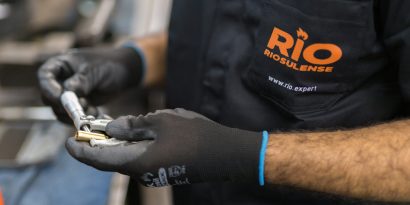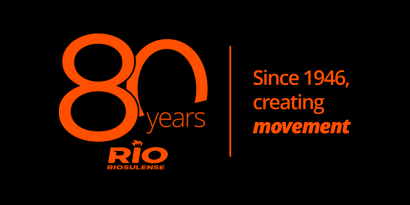Cylinder heads: cast iron or aluminum? Which should you use?
The choice of cylinder head material significantly impacts the lifespan, performance, maintenance, and efficiency of your car, truck, agricultural machinery, or even marine vehicles and motorcycles. Cast iron and aluminum are the two most common materials, each bringing unique characteristics to your vehicle’s propulsion system. For anyone in need of high-precision automotive parts, understanding their practical differences is crucial for making the right choice in engine maintenance, repair, or assembly.
Why is the cylinder head so important?
The cylinder head seals the combustion chamber, houses the valves, guides, seats, injectors, and integrates the engine’s intake and exhaust systems. Therefore, the choice of material directly affects factors such as heat dissipation, wear resistance, overall mechanical weight, ease of repair, and long-term cost-effectiveness.
What are the main differences between cast iron and aluminum?
Weight and strength
Cast iron is significantly heavier than aluminum, which can be an advantage in industrial engines or equipment that prioritize strength, but may limit response and lightness in sports applications. On the other hand, aluminum enables lighter engines, improving drivability and contributing to better fuel efficiency.
Heat dissipation
One of aluminum’s main advantages is its excellent heat dissipation capacity, helping the engine run at more stable temperatures and reducing the risk of overheating under demanding use. Cast iron retains more heat, but in older engines, this helps fuel combustion and improves warm-up in cold climates.
Durability and maintenance
Cast iron cylinder heads are known to withstand higher mechanical loads without deforming, making them ideal for engines exposed to intense vibrations and heavy-duty work, such as trucks, agricultural machinery, and railway vehicles. However, if cracks or damage occur, repairs are often more complicated (and costly) than with aluminum.
Aluminum cylinder heads are more prone to thermal deformation if overheating occurs, but repairs are generally easier and faster, as the material allows more efficient welding and machining. Aluminum is increasingly common in modern engines, enabling more advanced and compact designs.
Manufacturing and replacement cost
Traditionally, cast iron parts have lower production costs, making them widely used in fleet vehicles and older original lines. With the popularity of aluminum and its wide adoption, the price of aluminum cylinder heads has been declining, but they may still cost more, especially in high-performance applications.
Frequently asked questions about cast iron and aluminum cylinder heads
1. Can an aluminum cylinder head be fitted to any engine?
No. Compatibility must be evaluated, as certain configurations (such as compression ratios and cooling systems) may need adjustments.
2. Which cylinder head is better for extreme temperatures?
Cast iron handles wide temperature fluctuations and resists thermal shocks better, but aluminum dissipates heat much quicker, benefiting modern engines under intense loads.
3. Is aluminum cylinder head maintenance cheaper?
Generally, yes, due to easier intervention when minor damage occurs. However, if the vehicle does not receive proper maintenance, it can be damaged faster than a cast iron head.
4. Which material do modern engines use?
Most current vehicles, especially passenger cars, already use aluminum cylinder heads, prioritizing lower weight and better thermal response.
5. How do you choose the ideal material?
Analyze your vehicle’s usage profile, the availability of maintenance in your region, and your goal: high resistance for severe applications (cast iron) or lightness and better performance (aluminum).
In summary: the choice between cast iron and aluminum cylinder heads depends on your application, usage profile, and project goals.
Choose technology, quality, and precision for your engine
At RIO, every detail matters: our valves, seats, and automotive components are developed with high precision and strict quality control. Want to ensure the best performance, durability, and suitability for your fleet, workshop, or automotive project? Contact us to discover RIO’s complete range of components, designed for light, heavy-duty, or custom applications. That way, you invest in performance and reliability, as we have been delivering for over 79 years!





